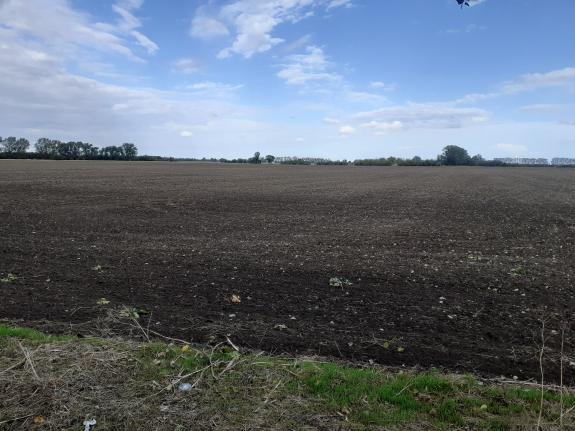Soils play a decisive role in feeding the world's population. At the Institute of Geography, we are presenting an interdisciplinary research project that investigates whether fertile black earths were much more widespread in central Germany before Neolithic settlement (i.e. around 7500 years ago) than they are today. An earlier wider distribution would mean that soil fertility in our region has decreased significantly over the last millennia due to the disappearance of black earths, and that a further systematic decrease could possibly be expected in the future. At our stand, we will also be presenting a present-day black soil in its original state, as well as a drill core with a black soil from our region that was buried several thousand years ago.

